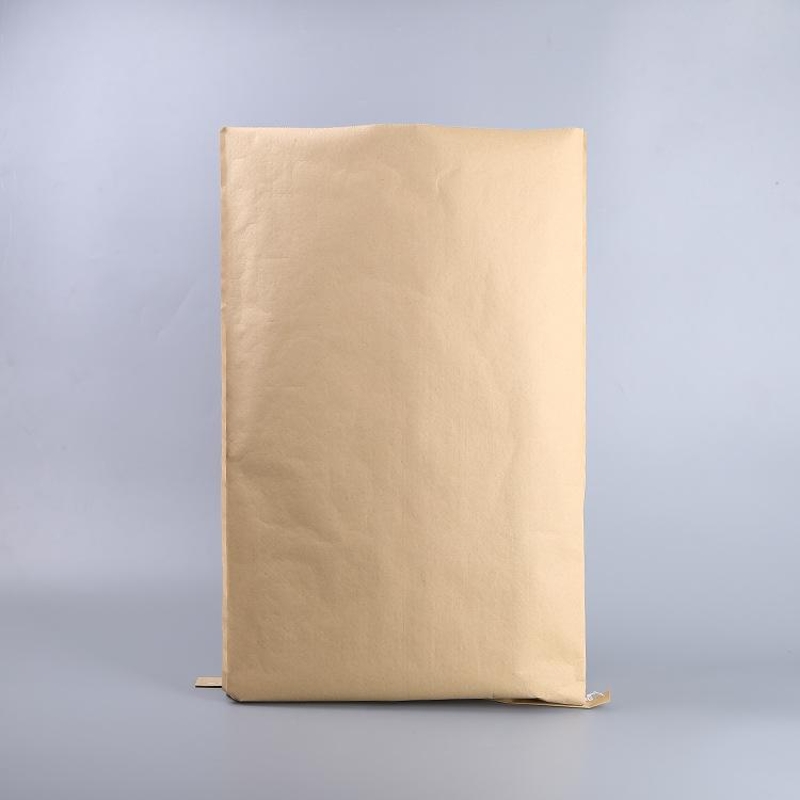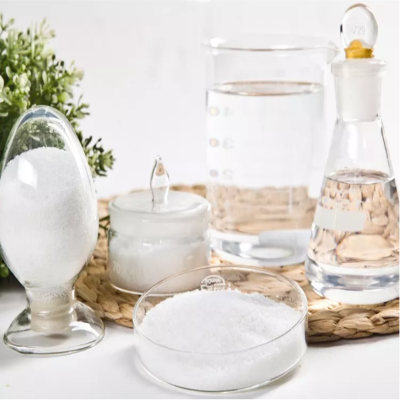-
Categories
-
Pharmaceutical Intermediates
-
Active Pharmaceutical Ingredients
-
Food Additives
- Industrial Coatings
- Agrochemicals
- Dyes and Pigments
- Surfactant
- Flavors and Fragrances
- Chemical Reagents
- Catalyst and Auxiliary
- Natural Products
- Inorganic Chemistry
-
Organic Chemistry
-
Biochemical Engineering
- Analytical Chemistry
- Cosmetic Ingredient
-
Pharmaceutical Intermediates
Promotion
ECHEMI Mall
Wholesale
Weekly Price
Exhibition
News
-
Trade Service
According to foreign media reports, phosphate in the earth's crust is a key ingredient for the growth of aquatic plants and animals, but human activities flush too much phosphate into our waterways
.
One of the consequences is the proliferation of algae on the surface of some lakes and rivers, causing other marine organisms to lose the oxygen they need to survive
.
A new type of sponge material can help scientists solve this problem.
It can not only capture phosphate from water sources, but also collect them for reuse
.
? Phosphate is commonly used as fertilizer in agriculture, lawns and gardens in urban areas, and also in the feces of pets and wild animals
.
As the phosphorus content in the soil increases, much of the phosphorus is washed away and enters streams, rivers, and other waterways, causing destructive algae blooms
.
Scientists at Northwestern University tried to solve this problem with a new sponge, which they called the Phosphate Elimination and Recovery Lightweight (PEARL) membrane
.
It is a porous flexible material, coated with nanostructures combined with phosphate ions, so it can selectively sequester 99% of phosphate ions from contaminated water
.
By fine-tuning the pH value in the material, the compound can be released so that the sponge can be used repeatedly
.
These capabilities have been proven in laboratory tests on real-world water samples collected from around Chicago, and sponges have been proven effective in the range from milligrams to kilograms
.
The researchers acknowledge that there is still a way to go before applying this technology in the real world.
It can provide a more effective way to clean up phosphate pollution than current methods, which are costly, complex and generate waste
.
Research report author Vinayak Dravid said: “People can always do something in a laboratory environment
.
But when scaling up, there is a Venn diagram.
You need to be able to scale up the technology.
You want it to be effective.
You want it to be effective.
It is affordable
.
There was nothing at the intersection of these three before, but our sponge seems to be a platform that meets all these criteria
.
"Because this sponge material can also release captured phosphate, and a large part of the world's crops depend on it for growth, scientists also believe it is a potential solution to the shortage of resources in the future
.
The first author of the paper, Stephanie Ribet said: "We used to re-use phosphate more often
.
Now we just pull it out of the ground, use it once, and then flush it into the water source after use
.
Therefore, this is a pollution issue, a sustainability issue and a circular economy issue
.
"The PEARL membrane is actually based on the previous version developed by the same team.
This version can selectively remove and recover oil from contaminated water
.
By changing the nanomaterials in the coating, the team hopes to further adjust the sponge to It cleans up heavy metals and says that more adjustments to the design can make it treat multiple pollutants at the same time-so the team likened the technology to a potential "Swiss Army Knife" for pollution remediation
.
.
One of the consequences is the proliferation of algae on the surface of some lakes and rivers, causing other marine organisms to lose the oxygen they need to survive
.
A new type of sponge material can help scientists solve this problem.
It can not only capture phosphate from water sources, but also collect them for reuse
.
? Phosphate is commonly used as fertilizer in agriculture, lawns and gardens in urban areas, and also in the feces of pets and wild animals
.
As the phosphorus content in the soil increases, much of the phosphorus is washed away and enters streams, rivers, and other waterways, causing destructive algae blooms
.
Scientists at Northwestern University tried to solve this problem with a new sponge, which they called the Phosphate Elimination and Recovery Lightweight (PEARL) membrane
.
It is a porous flexible material, coated with nanostructures combined with phosphate ions, so it can selectively sequester 99% of phosphate ions from contaminated water
.
By fine-tuning the pH value in the material, the compound can be released so that the sponge can be used repeatedly
.
These capabilities have been proven in laboratory tests on real-world water samples collected from around Chicago, and sponges have been proven effective in the range from milligrams to kilograms
.
The researchers acknowledge that there is still a way to go before applying this technology in the real world.
It can provide a more effective way to clean up phosphate pollution than current methods, which are costly, complex and generate waste
.
Research report author Vinayak Dravid said: “People can always do something in a laboratory environment
.
But when scaling up, there is a Venn diagram.
You need to be able to scale up the technology.
You want it to be effective.
You want it to be effective.
It is affordable
.
There was nothing at the intersection of these three before, but our sponge seems to be a platform that meets all these criteria
.
"Because this sponge material can also release captured phosphate, and a large part of the world's crops depend on it for growth, scientists also believe it is a potential solution to the shortage of resources in the future
.
The first author of the paper, Stephanie Ribet said: "We used to re-use phosphate more often
.
Now we just pull it out of the ground, use it once, and then flush it into the water source after use
.
Therefore, this is a pollution issue, a sustainability issue and a circular economy issue
.
"The PEARL membrane is actually based on the previous version developed by the same team.
This version can selectively remove and recover oil from contaminated water
.
By changing the nanomaterials in the coating, the team hopes to further adjust the sponge to It cleans up heavy metals and says that more adjustments to the design can make it treat multiple pollutants at the same time-so the team likened the technology to a potential "Swiss Army Knife" for pollution remediation
.







